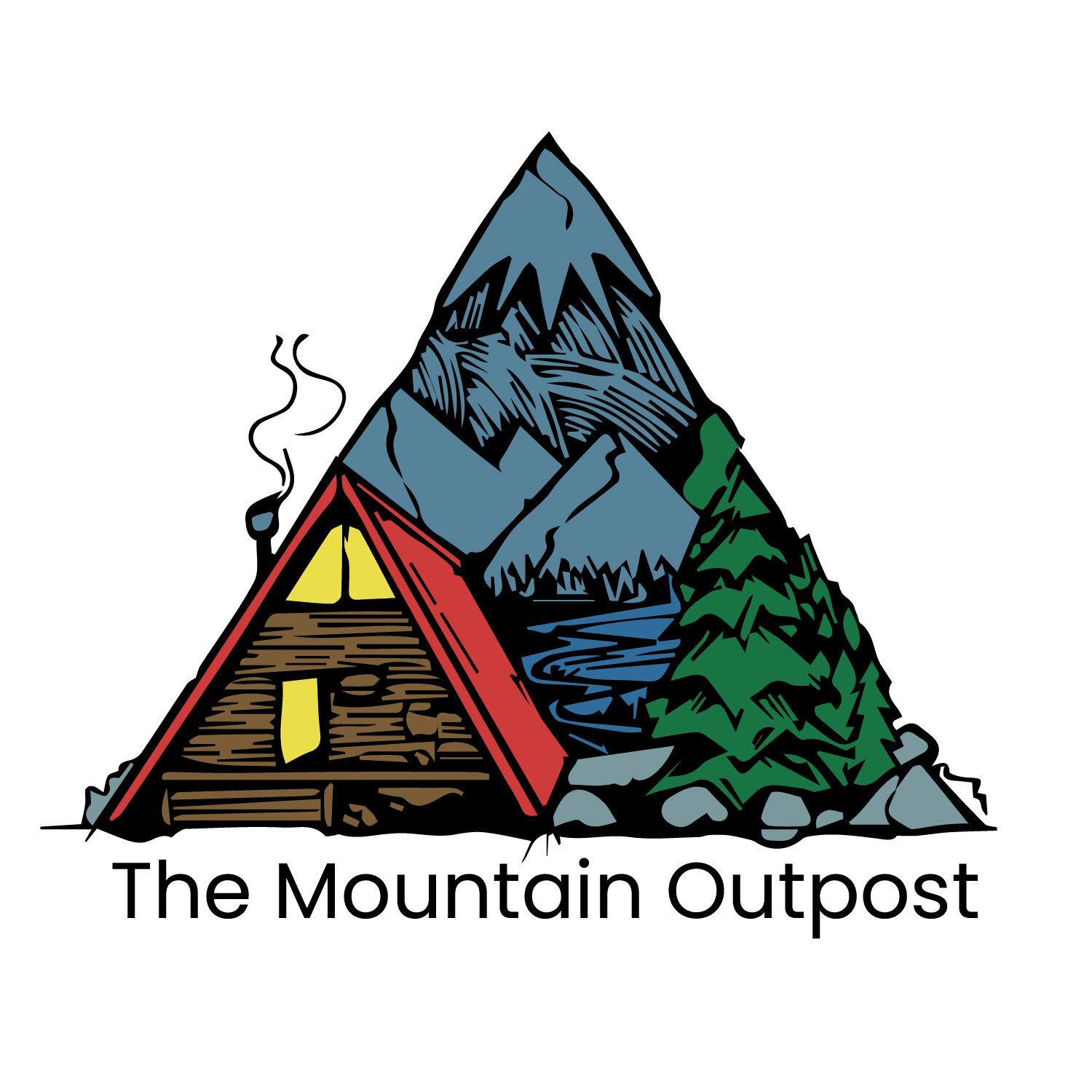The Importance of Food
In its efforts to maximize efficiency and profit, modern industrial agriculture relies on annual monocrops, toxic herbicides and pesticides, synthetic fertilizer and wasteful water use, all of which are destroying topsoil much faster than it can be replaced. According to the United Nations Food and Agriculture Organization, if we continue to degrade our soil at the current rate, we have only about 60 harvests left.
And what about the food we're eating from this system now? Bland feedlot beef inoculated with antibiotics and growth hormones, factory-raised chickens, pale, flavorless eggs; GMO crops soaked with chemicals; Fruit selected for size and growth rate over flavor or nutrition. Even if we could figure out how to extend the future of industrial agriculture, we do so at great cost: diminishing returns, millions of small farmers out of work, increasing danger to humans and our ecosystem from toxic chemicals and lower nutritional value.
A study published in the Journal of the American College of Nutrition demonstrated “reliable declines” in key nutrients found in 43 different fruits and vegetables over the past half century. Another paper showed that a person would need to eat eight oranges today to equal the Vitamin A our grandparents got from just one. In its review of these and other studies with similar findings, Scientific American states, “the key to healthier produce is healthier soil.”

